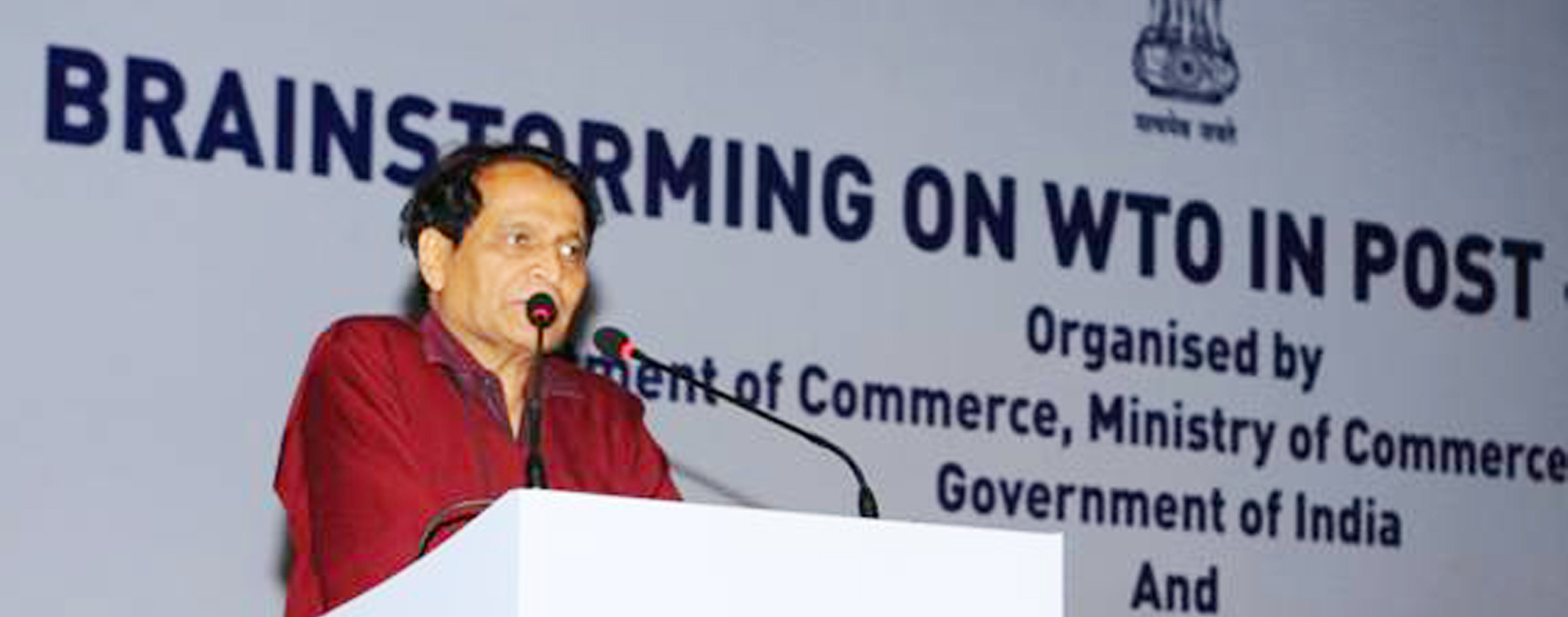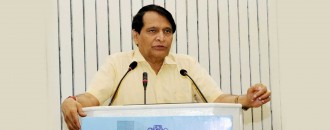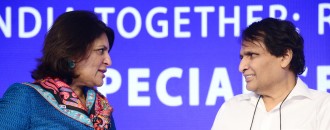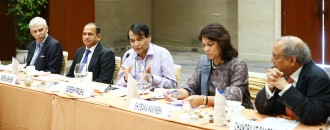
Special and differential treatment remains a critical aspect of WTO's framework: Prabhu
The Dollar Business Bureau
Commerce and Industry Minister Suresh Prabhu said that special and differential treatment remains a critical aspect of the WTO’s framework and this is non-negotiable for India.
“While some of the new issues being raised by others may also be of relevance to India, existing issues such as agriculture are critical livelihood issues, which are extremely important for India,” the Commerce Ministry said in a statement, while quoting Prabhu, after a two-day brainstorming meeting on WTO in the Post-MC11 (11th Ministerial Conference) Phase was organised by the Department of Commerce and the Centre for WTO Studies on February 19-20.
The Commerce Minister stressed on the critical importance of the World Trade Organisation (WTO) and drew attention to Prime Minister Narendra Modi’s remarks at the World Economic Forum in Davos on the significance of multilateralism.
Reflecting on long membership of India of WTO/GATT, Prabhu said, “India plays a key role in ensuring the continued relevance of the WTO, as this is in the best interest of all countries, without exception.”
In this regard, he emphasised on the importance India places on the upcoming informal WTO Ministerial meeting scheduled to be held on March 19 and 20 2018 in New Delhi, on India's initiative, which is expected to be attended by more than 50 countries representing the entire spectrum of nations, from least develop countries (LDCs), developing countries to the developed countries.
The two-day brainstorming meeting was organised with to consult and elicit views on the WTO in the post-MC11 phase. The meeting was attended by representatives from government, industry, think tanks, academia, civil society and trade policy experts.
The meeting covered a comprehensive range of issues such as agriculture, investment facilitation, services, e-commerce, development, institutional issues, MSMEs and gender.






 to success.
to success.